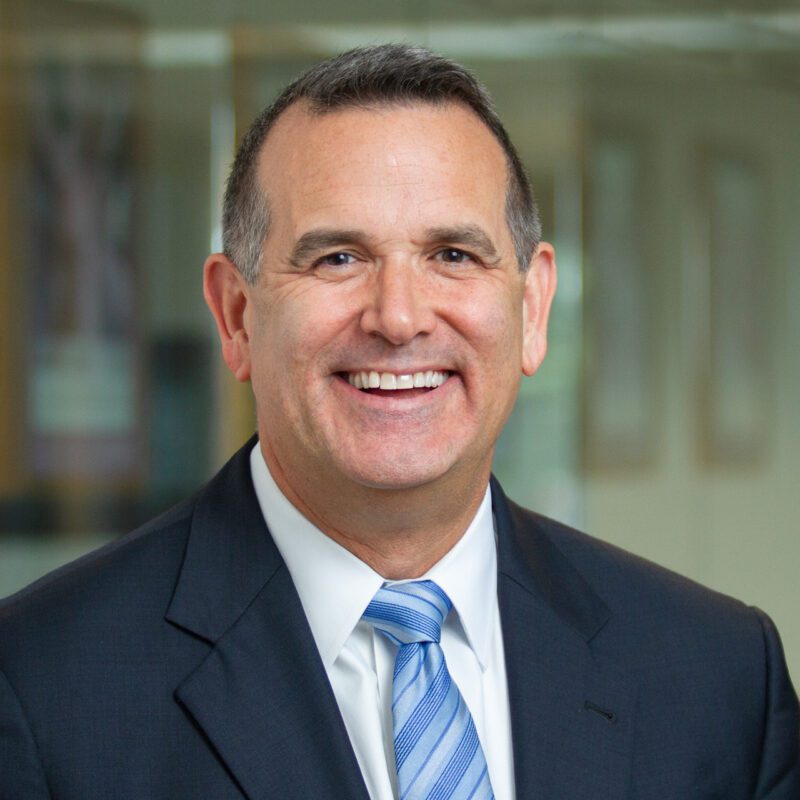
Dr. Michael S. Weiner
Chief Medical Officer, MAXIMUS
Since joining MAXIMUS in July 2018 as chief medical officer, Dr. Michael S. Weiner has relied on his quarter-century of experience in the clinical and technology fields to develop strategies that have continued to fuel the growth of the company’s health services business. He’s been the driving force behind the overall strategic direction and oversight of global clinical health services programs and all clinicians for MAXIMUS around the world.
His portfolio at MAXIMUS includes solution development, delivery of wellness and prevention initiatives, health assessments, chronic disease and aging support, and case management. There are more than 5,000 physicians and clinicians support MAXIMUS, which Weiner believes differentiates the company from competitors.
“Our scale, depth and global, clinical reach is unmatched,” he said. “In the United Kingdom alone, we do more than 1 million clinical exams each year. Our goal is to help citizens better navigate their own clinical journey.”
To achieve that goal, Weiner believes the ability of MAXIMUS to incorporate health IT into that journey is “unparalleled.” His background has helped him bridge the gap between technology and clinical services, as he previously served in C-level roles for both IBM and the Defense Department.
“We employ technology in support of citizens to make sure they get the care they deserve and are entitled to,” Weiner said. “From AI to machine learning, our platforms rely on technology to assist citizens during their clinical journey and expedite the process.”
Why Watch:
Moving forward, Weiner said his biggest focus for MAXIMUS will be developing and delivering new care plans to meet the changing global demographics. For working with government and agencies will involve using modern, digital platforms to increase efficiency in an era where there is a shortage of care providers.
“I want us to lead the way in creating an entirely new care model,” Weiner said. “We need to change from only supporting episodic care to a much more continuous supportive model, to help citizens improve their health.”

